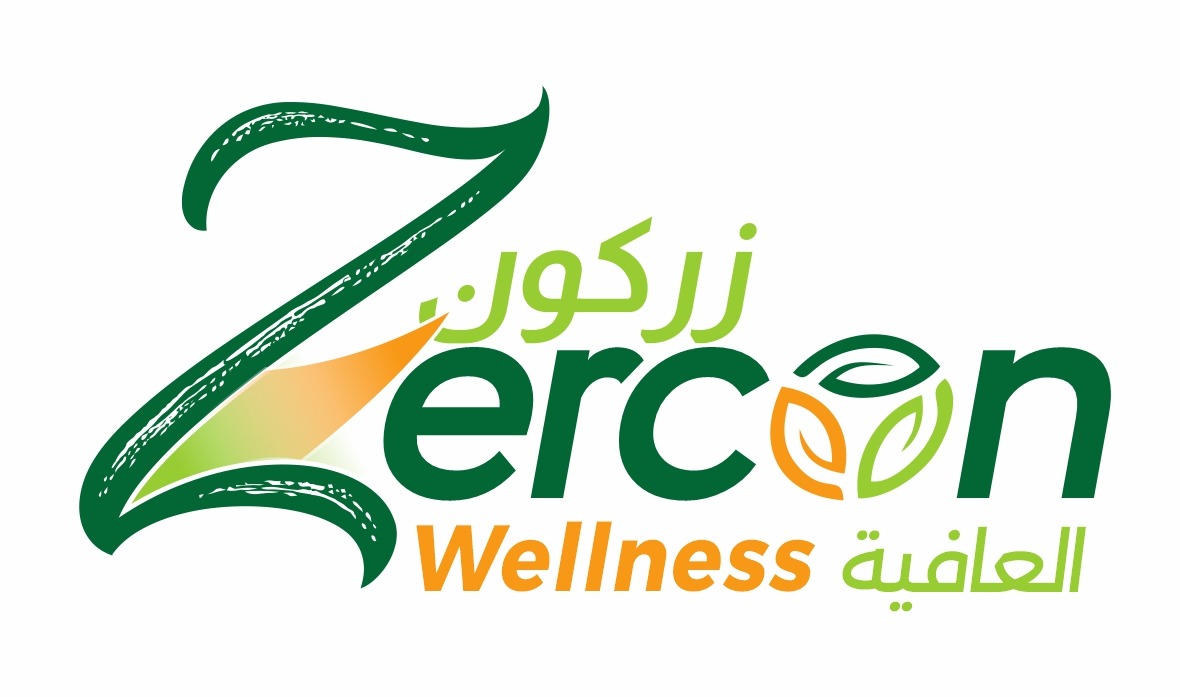Polycystic Ovary Syndrome (PCOS) is a hormonal condition affecting millions of women worldwide. Symptoms like irregular periods, weight gain, acne, excessive hair growth, and difficulty in conceiving can make life challenging. While there’s no single cure, nutrition and lifestyle play a powerful role in managing PCOS naturally.
🔹 Why Nutrition Matters in PCOS
PCOS is closely linked to insulin resistance, hormonal imbalance, and inflammation. The right dietary choices can:
Improve insulin sensitivity
Regulate periods
Support weight management
Balance hormones
Reduce long-term risks (diabetes, heart disease)
🔹 Nutrition Treatments for PCOS
1. Balanced Carbohydrates
Choose low GI carbs (oats, quinoa, brown rice, sweet potato, whole wheat).
Limit refined carbs (white bread, pastries, sugar) to prevent insulin spikes.
2. High-Quality Protein
Include lean proteins: chicken, fish, eggs, legumes, lentils, and tofu.
Protein keeps you full longer and helps balance blood sugar.
3. Healthy Fats
Omega-3 rich foods (salmon, walnuts, chia seeds, flaxseeds) reduce inflammation.
Use olive oil, avocado, and nuts instead of saturated/trans fats.
4. Fibre-Rich Foods
Vegetables, fruits, beans, and whole grains improve digestion and stabilize glucose.
Aim for 25–30 g of fibre daily.
5. Anti-Inflammatory Foods
Green tea, turmeric, ginger, cinnamon, berries, and leafy greens can help reduce inflammation.
6. Supplements (with medical advice)
Vitamin D – often low in PCOS; helps hormone balance.
Vitamin B12 – especially if on metformin.
Magnesium & Zinc – support insulin sensitivity and hormonal health.
Omega-3 – improves menstrual regularity.
🔹 Foods to Limit
Sugary drinks, desserts, white bread, fried foods.
Processed snacks and fast foods (increase inflammation).
Excess caffeine and alcohol.
🔹 Lifestyle Tips Along with Nutrition
Regular exercise (walking, strength training, yoga) improves insulin sensitivity.
Adequate sleep – poor sleep worsens hormones.
Stress management – meditation, journaling, and relaxation techniques help.
🔹 Takeaway
Nutrition is not a quick fix, but it’s a powerful tool in managing PCOS. By focusing on whole, balanced, and anti-inflammatory foods, women with PCOS can reduce symptoms, improve fertility, and protect long-term health.
🌸 Remember:
Every woman’s body is unique. Consulting a dietitian can help personalize a PCOS-friendly meal plan.

